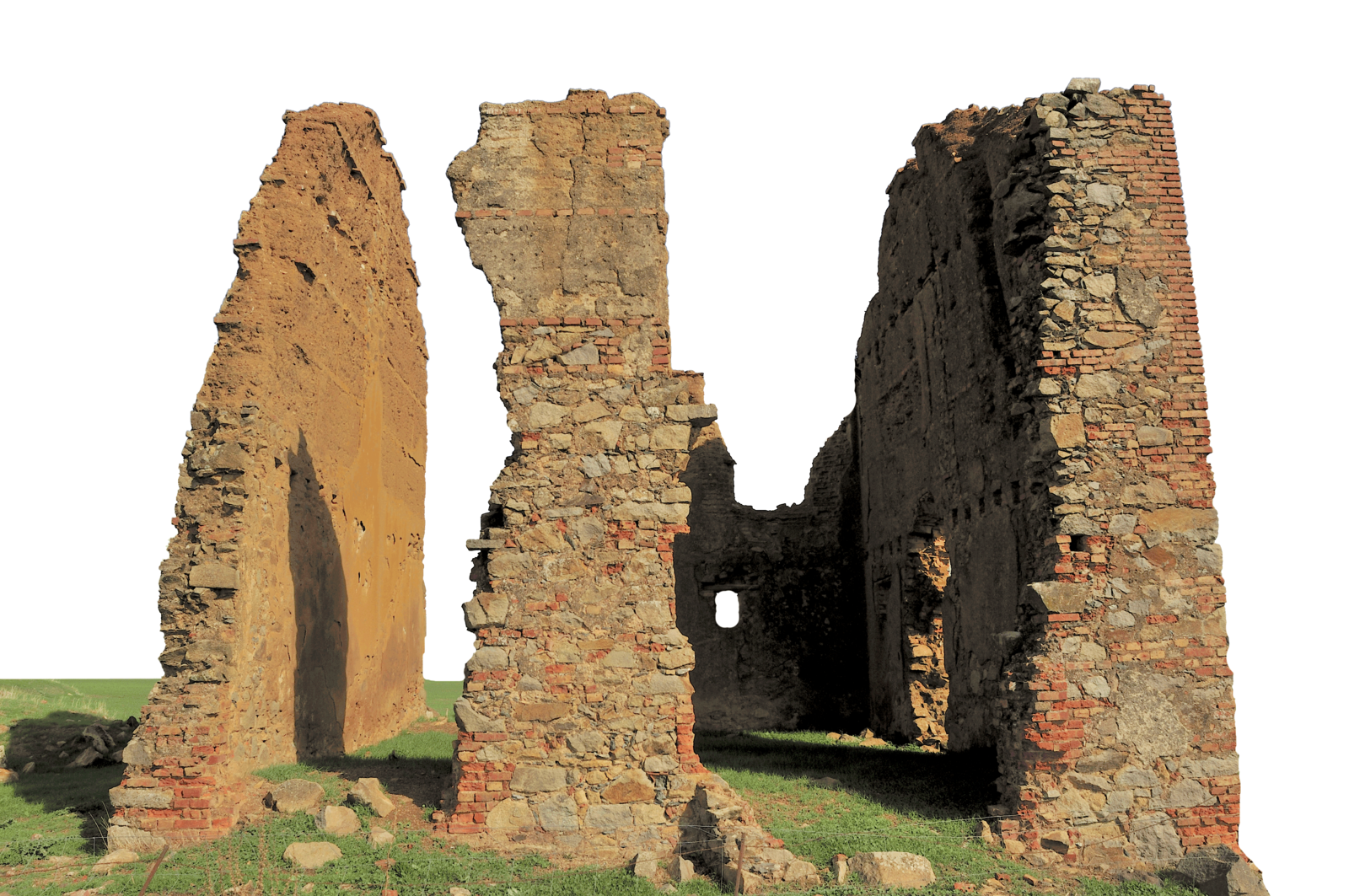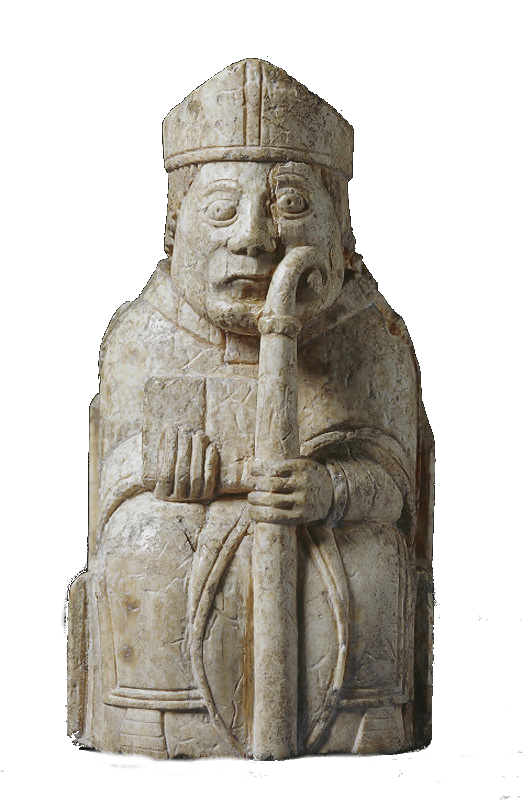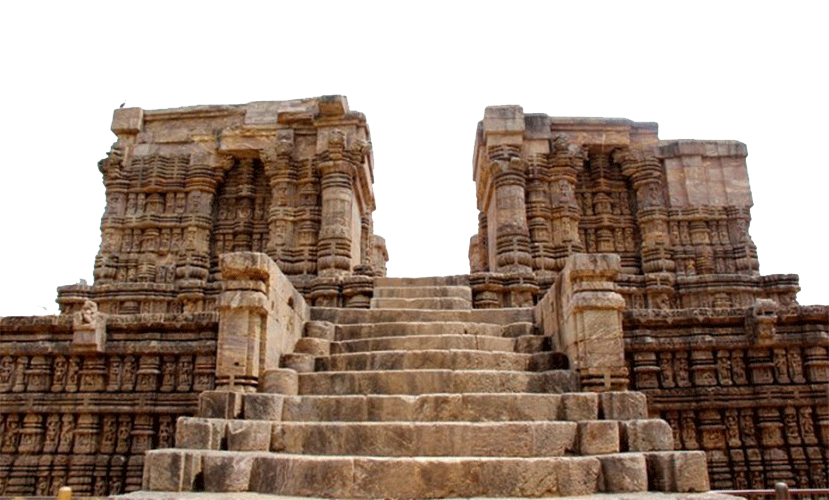Not to diminish either the abilities of the builders or the sincerity of the researchers, it strikes me that there's sort of an anthropic principle dynamic going on here...
That this structure exhibits sound building techniques essentially goes without saying, since it's still standing. If it didn't, it wouldn't be, so researchers wouldn't be able to study it and draw countervailing conclusions from it.



